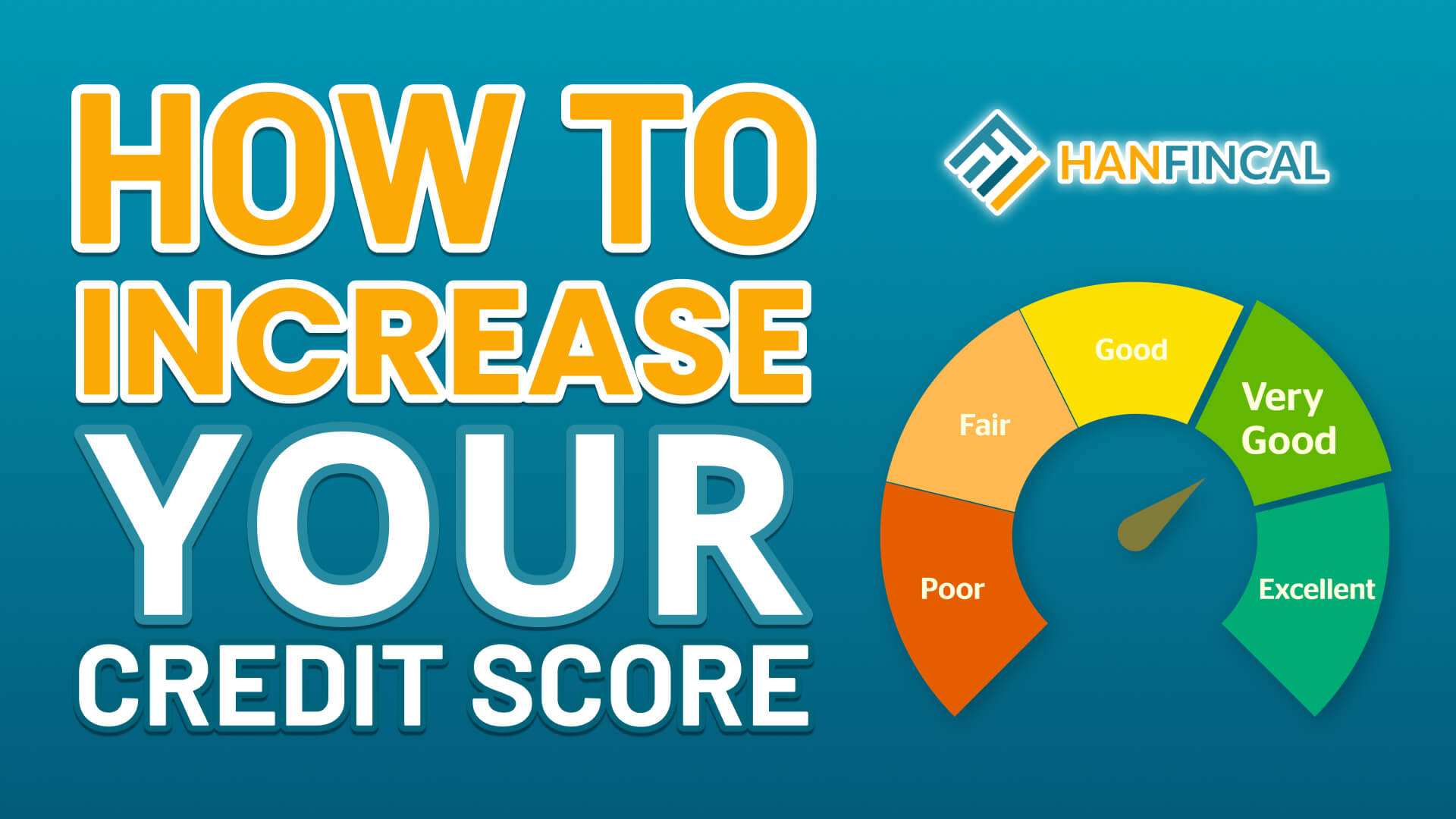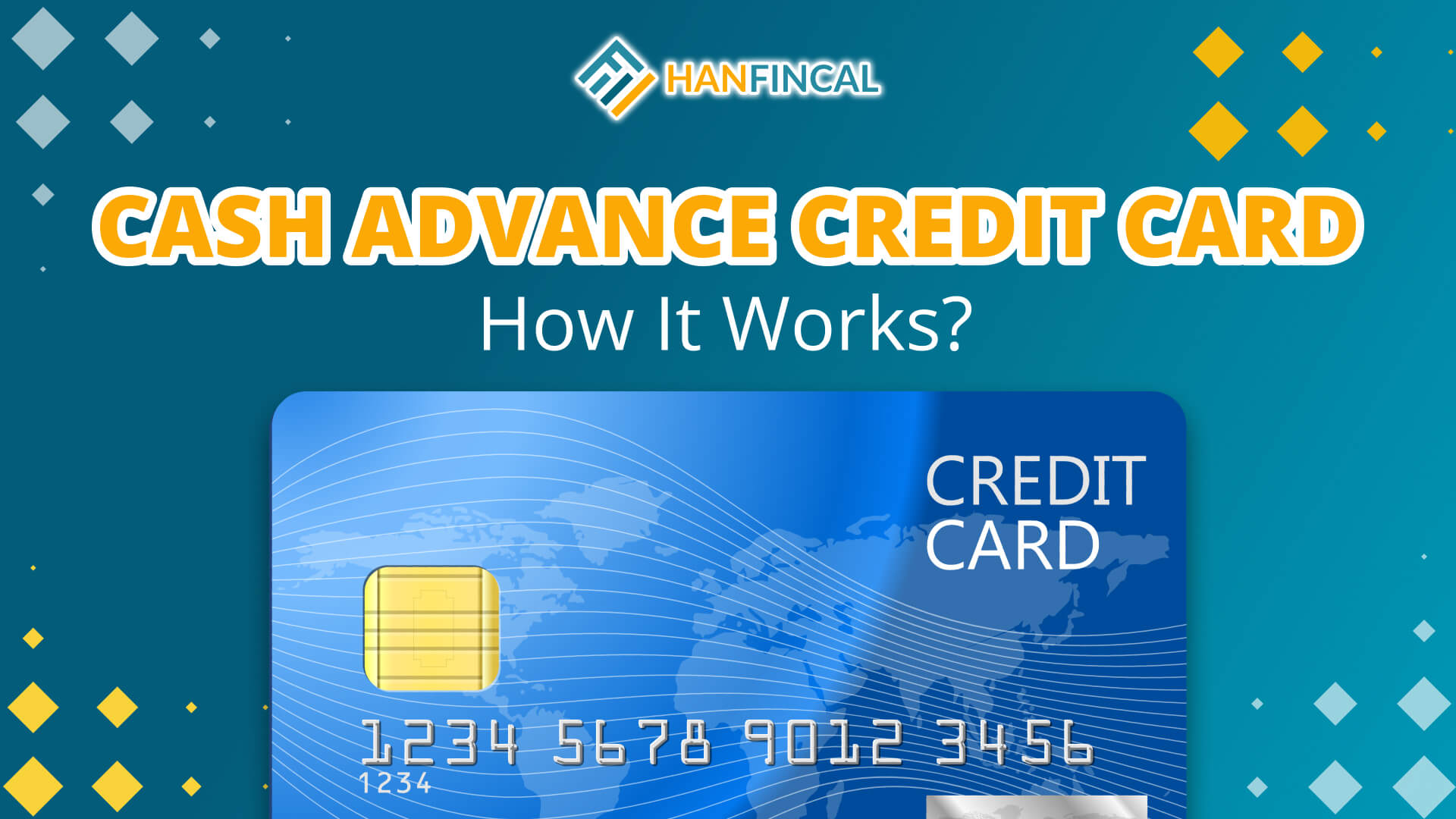The role of a secured vs unsecured credit card in your credit history is different. While everyone wants an unsecured card, obtaining a secured card is the first step toward getting an unsecured card. So, what is the truth behind these two cards, and which one should you use? In this article, Hanfincal will provide you with an answer.
1. What is a secured credit card?
A secured credit card needs a security deposit to open the account. A secured credit card is similar to an unsecured credit card, except you must make a minimum deposit to receive a credit limit.
This type of card is a credit card issued based on collateral. Collateral is a valuable asset or item that can be used to obtain a personal loan or credit card account. If you do not pay your debt, the lender may repossess your collateral to recoup their investment.
Secured cards are frequently marketed to people looking to build or rebuild their credit. Once you’ve made that cash deposit, you’ll be able to use your credit card anywhere credit cards are accepted. You can swipe, insert, or tap them in the same way that you would a traditional unsecured card.
While the terms of each card differ, the security deposit is typically converted into your credit limit. This safeguards the card issuer. As a result, if you cannot make your payments, the issuer may retain your initial deposit.
2. What is an unsecured credit card?
Unsecured credit cards are not backed by assets. If you are not paying your credit card balance on time, an unsecured credit card does not have a security deposit that the issuer can take. Instead, the creditor has the option of pursuing additional collection efforts. These include reporting the delinquent balance to a credit bureau, referring your account to a third-party debt collector, suing you in court, and requesting permission from the court to garnish your wages.
Because a deposit does not secure unsecured credit cards, your card issuer will not have access to funds to handle any unpaid debt on your account. Before approving an application, issuers consider many factors in determining the likelihood that you can pay off the balances you put on your card.
An unsecured credit card provides you with a line of credit that you can draw from and then pay off each month. Your qualification and credit limit for an unsecured credit card are determined by the issuer’s assessment of your ability to make timely payments on any balances on your card.
3. What is the difference between a secured and unsecured credit card?
A secured credit card is a credit card that needs collateral for approval, while an unsecured credit card is issued based on the applicant’s income, credit history, and credit score.
Another differentiator is the credit card limit. While the fixed deposit amount determines it for secured credit cards, it is determined by the applicant’s eligibility for regular credit cards.
Aside from the two aforementioned factors, there is no difference in how secured and unsecured cards operate. Both credit cards can be used to make purchases and either pay off your total balance each month or pay down the balance over time. To avoid late fees and hurt your credit, you must make at least the minimum monthly payment on both cards—your card issuer will not deduct your minimum payment from your deposit if you have a secured card.
In fact, on a credit report, you can’t tell the difference between secured and unsecured cards. Therefore, your credit score will rise as long as you use either type of card responsibly. Remember that if you don’t qualify for an unsecured credit card, using a secured card responsibly can help you build credit. This could eventually allow you to upgrade to a card with rewards and other perks.

What is the difference between a secured and unsecured credit card?
4. Pros and cons of secured vs unsecured credit card
4.1. Advantages of secured credit cards
- Build your credit: If your credit card company reports your payments, you can establish a payment history. If you consistently pay your bills, you’ll have a good chance of building a good credit score.
- Simple to apply for: Almost anyone can qualify regardless of credit score or credit history. As a result, secured credit cards are among the best credit cards for people with bad credit. They’re also among the best credit cards for newcomers.
4.2. Disadvantages of secured credit cards
- Make a cash deposit before opening a secured credit card: This secures your funds with the credit card company. Furthermore, this sum of money becomes your credit limit (based on how much you already have).
- High-interest rates and annual fees: Secured credit cards frequently have higher interest rates and annual fees than other cards. Investing in this card will cost you more money.
4.3. Advantages of unsecured credit cards
- More options: More unsecured credit cards are available than secured credit cards.
- Have easier access to better rewards and perks: Unsecured credit card benefit and reward programs are frequently more generous to cardholders.
- Lower interest rate: A low-interest rate makes it less expensive to carry a balance. You can use a credit card interest calculator to see how much debt you would incur if you used different credit card interest rates.
4.4. Disadvantages of unsecured credit cards
- Larger credit lines increase the risk of becoming indebted: If you are permitted to borrow a large sum of money without collateral guaranteeing your ability to pay, you may find yourself in over your head.
- More difficult to qualify for: You may not be able to get approved for an unsecured card unless you have a good credit score.
5. Approval odds of secured vs unsecured credit cards
Secured credit cards are more accessible to obtain than unsecured credit cards. Because a secured credit card pre-funds your credit line, you can’t spend more than you can afford to repay. The secured credit card deposit is held in an account by the card issuer, and if you do not pay your bills, the deposit is used to cover the cost.
On the other hand, unsecured credit cards are more difficult to obtain because the card company takes more risk by extending an unsecured credit line.

Approval odds of secured vs unsecured credit cards
6. Secured and unsecured credit cards: Which is right for you?
Because everyone’s financial situation is different, the credit card that works best for one person may not work for you. Consider which credit cards you might be eligible for when comparing your options. Here are a few tips to help you decide between a secured and an unsecured credit card:
- Card features: Before deciding, compare the interest rates, rewards programs, annual fees, and cardholder perks of various unsecured and unsecured credit cards.
- Your credit history: A secured card can be your best option if you have zero or a low credit score.
If you have a good credit score and a clean credit history, there is no point in putting money into a fixed deposit and getting a credit card. Similarly, suppose your credit history is in bad shape, or you are getting a credit card for the first time. In this situation, a secured credit card is ideal because it allows you to build or rebuild your credit history while enjoying the credit card benefits.
Have you distinguished between a secured vs unsecured credit card? A secured credit card may be the best option for someone attempting to establish or rebuild their credit history. On the other hand, unsecured credit cards may offer rewards, but they may be more challenging to obtain if you do not have a high credit score. Before applying for any credit card, think twice.
==> Read More:




